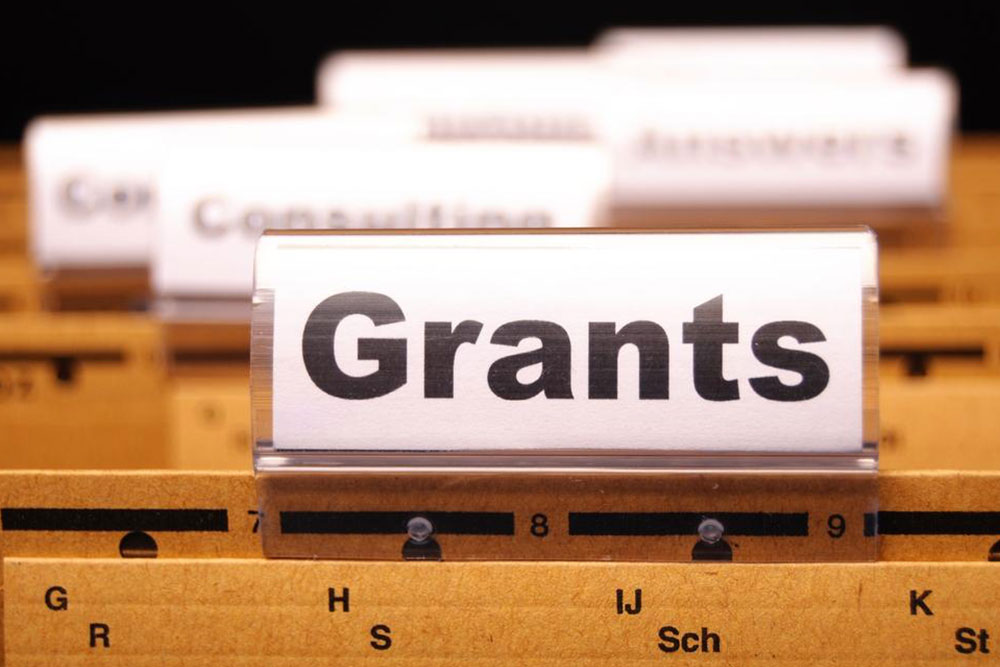Top Resources for Funding Your Return to Higher Education
Discover the best resources and grants available for adults returning to college. From federal aid programs to institutional scholarships, learn how to offset the costs and successfully resume higher education. This guide highlights key opportunities for adult learners, including government grants, university scholarships, and specialized funds for veterans and women. Getting informed about these options can make returning to school more accessible and financially feasible, helping you achieve your academic and career goals.

Top Resources for Funding Your Return to Higher Education
Life's unexpected circumstances can sometimes force plans off track. When this happens, adapting and reorganizing your goals is essential. Many adults choose to leave college due to personal responsibilities, but the desire to complete their degree persists. Increasing numbers of mature students are re-enrolling to advance their careers, supported by a welcoming academic environment.
Families, educational institutions, and government agencies recognize the importance of supporting adult learners. Both state and federal programs, along with colleges, offer grants to assist those returning to college. Returning students often face challenges like adjusting to new learning technologies and classroom protocols, but financial support can ease this transition.
For those seeking to resume higher education or attain advanced degrees for career growth, available grants significantly reduce financial strain. Starting with the Free Application for Federal Student Aid (FAFSA) form helps access federal grants, loans, and work-study programs. After FAFSA submission, applicants can explore specific grants aimed at adult learners.
Colleges and universities also offer dedicated financial aid programs for returning students. These internal grants, drawn from scholarship funds designated for adult learners, can cover tuition costs. For example, Michigan State University provides awards like the William E. and Phoebe B. Clark Scholarship, which is intended for adult students returning to higher education, particularly single parents or those who have experienced personal hardships. Applicants must demonstrate good academic standing and meet institutional criteria.
The Federal Pell Grant is another vital resource, targeting undergraduate students regardless of age who need financial assistance. It considers factors such as income, tuition expenses, and enrollment status, making it ideal for non-traditional students. As of early 2018, the maximum Pell Grant award was approximately $5,920.
State-specific grants are also available; for example, New Jersey offers programs supporting 'disengaged' adult learners—those who previously attended college without completing their degree. Checking local state programs can reveal additional financial support options.
Military veterans returning to school can benefit from the Montgomery G.I. Bill, which covers tuition, housing, and books for qualified service members with at least 90 days of active duty.
Finally, specialized grants like the Jeanette Rankin Women’s Scholarship Fund help low-income women over 35 who are pursuing vocational or college education. These targeted resources aim to empower women seeking to re-enter the workforce through educational attainment.
Note: While this article provides helpful insights into financial aid options for adult learners, it is not exhaustive. Readers should research current schemes and verify eligibility criteria, as programs may vary or change. Our content serves as a guide but should not be considered comprehensive advice.










